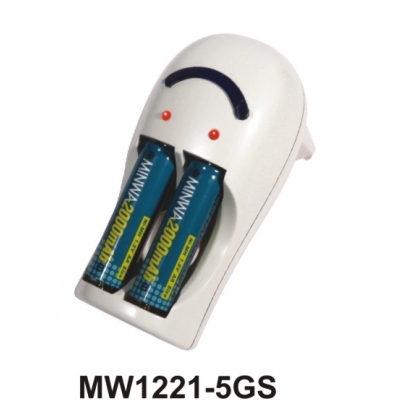

Energy Saving Trust estimates that a typical home solar PV system could save around one tonne of carbon per year. Once you've installed your solar PV system, it will continue to generate electricity for years to come with very little maintenance required.Solar panel charging helps to maximise the environmental benefits of driving an electric car. Electric cars are much cleaner than petrol or diesel cars, but if they're charged using electricity from coal-fired power stations, their environmental benefits are reduced. Solar panel charging is good for the environment.Pros of installing solar panels to charge your EV: So, if you want to charge your EV using that solar power at night, you’ll need a battery storage system that stores the energy generated throughout the day and then releases it when you need it - such as at night when charging your EV. Secondly, solar panels generate power during daylight hours (when we get more sun), but most people charge their electric car overnight while they’re sleeping. Some EV chargers already have this technology in the box (like the My Energi Zappi charger) so you can start charging straight away, but again, it's important to check. The inverter is what changes the current from DC to AC so you can use electricity from the panels to power your home and devices. Most installations will have an inverter as standard but it’s important to check. Yes, you can use a regular EV charger with solar panel charging but you'll need a PV inverter unit that converts solar energy into electricity in order to start charging your EV with solar panels. But solar energy is a great way to charge an electric car in a really sustainable way, even if you only partly charge the car.Ĭan you use a regular EV charger with solar panel charging? In winter, when there is less daylight and more cloud cover, you may need to supplement your solar PV system with power from the grid. Of course, the amount of solar energy available to charge an electric car will vary depending on the time of year and the weather conditions. This is enough to fully charge an electric car with a battery capacity of 40 kWh in just over eight hours. The average domestic solar PV system can generate one to four kilowatts of power (kWp). Solar PV systems generate electricity from the sun, which can then be used to charge an electric car or anything else in your household.

Solar panels and electric vehicles are a match made in heaven, on your roof. You’ll need to put up a domestic Solar Photovoltaic System (Solar PV), along with the solar charger for the car battery. Yes, you can fully charge an electric car with solar energy. Can you really charge an electric car with solar energy?


 0 kommentar(er)
0 kommentar(er)
